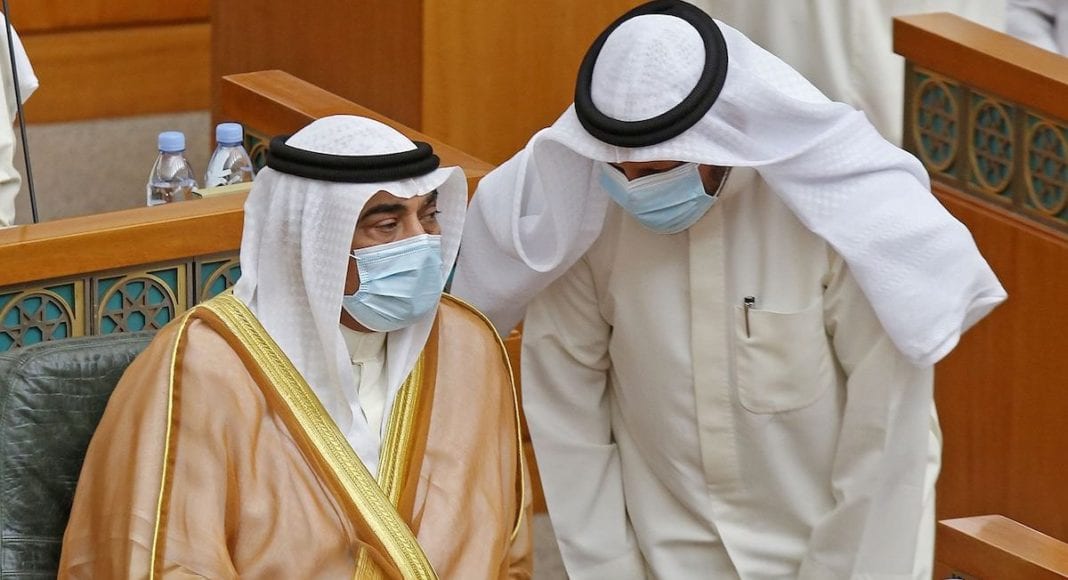The oil-rich Gulf state of Kuwait will not have sufficient funds to cover public servants’ salaries after November, Finance Minister Barak Al-Sheetan warned parliament on Wednesday.
According to Bloomberg, Al-Sheetan confirmed that his country’s government is withdrawing from its General Reserve Fund at a rate of 1.7 billion dinars a month.
He added that liquidity will soon be depleted if oil prices don’t improve and if Kuwait cannot borrow from local and international markets.
Al-Sheetan indicated that Kuwait’s budget deficit increased by 69 per cent to 5.64 billion dinars in the last fiscal year, and the government estimates that it will be more than 14 billion dinars in the current fiscal year, ending on 31 March.
He stated that wages and subsidies account for 76 per cent of all spending.
“In the medium to long-term, in the absence of borrowing, more austerity measures will have to be applied to public spending,” Al-Sheetan explained.
The International Monetary Fund expects the government’s financial needs to grow at a rapid rate as its liquidity position weakens.
Meanwhile, MP Riyadh Al-Adsani asserted: “Al-Sheetan has to leave his position instead of threatening the citizens with their salaries,” noting that he produced a document that included “unrealistic” solutions for the crisis.
Kuwait’s economy has been negatively affected by the outbreak of the coronavirus and the decline in oil prices, in addition to the OPEC+ agreement to reduce production.
Middle East Monitor



